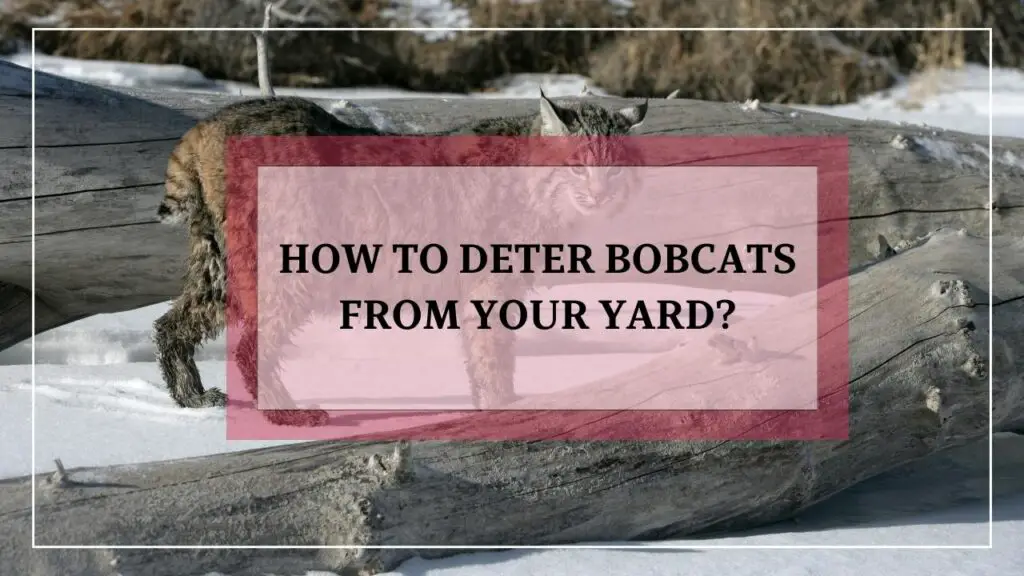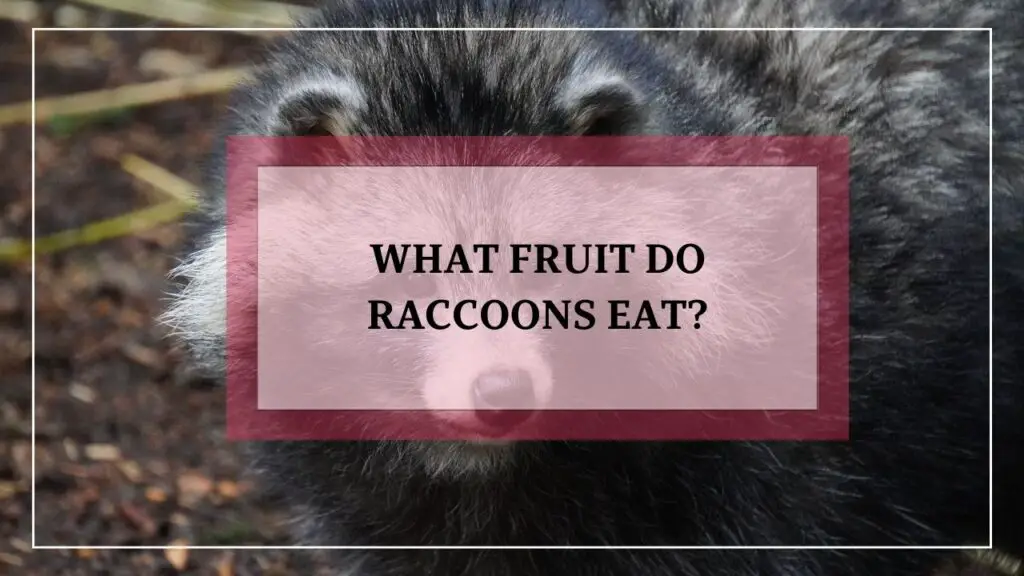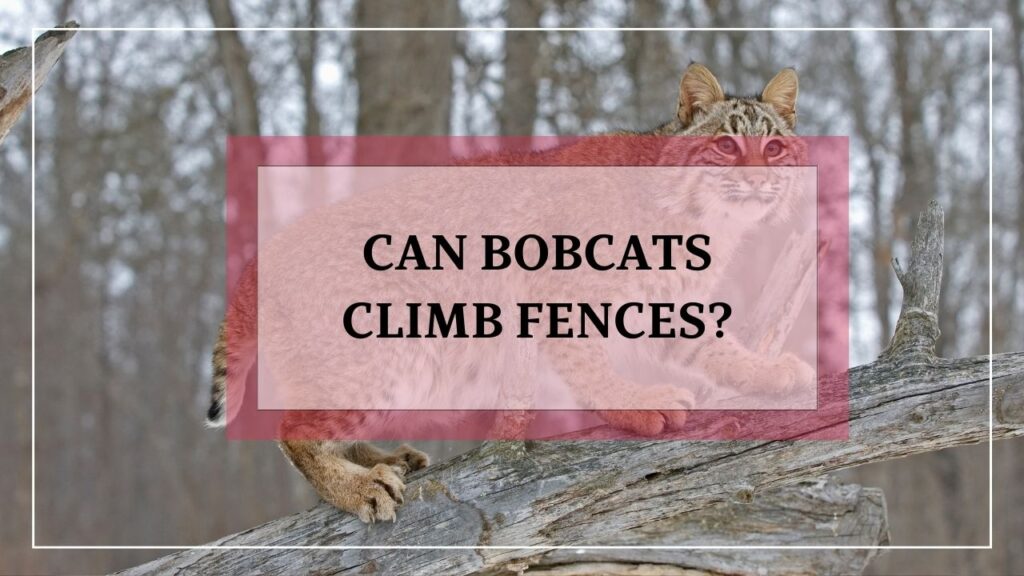Welcome, young nature enthusiasts! Have you ever wondered how to keep bobcats away from your yard and keep them safe in their natural habitat? Well, you’ve come to the right place! Today, we will explore some simple and effective ways to deter bobcats from your yard, ensuring both their safety and ours.
Bobcats are beautiful wild cats that live in various parts of North America. While they may look cute and fluffy, it’s important to remember that they are wild animals and need their space. Sometimes, bobcats may wander into residential areas, searching for food or shelter. However, it’s best for them to stay in the wild, where they can hunt and roam freely.
To keep bobcats away from your yard, there are a few things you can do. First, make sure your yard is tidy and free of any potential hiding spots, like tall grass or piles of wood. Bobcats prefer areas where they can hide and feel safe, so removing these hiding spots can discourage them from sticking around. Additionally, keeping your pets indoors or supervised when outside can help reduce the chances of a bobcat encounter.
Remember, bobcats are an important part of our ecosystem, and it’s our responsibility to coexist with them peacefully. By following these simple steps, we can ensure the safety and well-being of both bobcats and ourselves. Now, let’s dive into the fascinating world of bobcat deterrence!
Understanding Bobcats
Bobcats are fascinating creatures that are native to North America. They are known for their distinctive tufted ears, short tails, and beautiful spotted coats. These elusive felines can be found in a variety of habitats, including forests, deserts, and even suburban areas.
Related Article:How To Deter Bobcats From Chickens
When it comes to behavior and habits, bobcats are solitary animals and are most active during dawn and dusk. They are skilled hunters and feed on a variety of prey, including small mammals, birds, and reptiles. Despite their hunting prowess, bobcats play an important role in maintaining ecological balance.
Now, you might be wondering why it’s important to coexist with these wild creatures. Well, bobcats help control populations of rodents and other small animals, which can be beneficial for your yard and garden. Plus, they are a beautiful part of our natural heritage and should be respected and protected.
III. Reasons for Deterrence
Potential threats to pets and livestock
Now, I know your fluffy little Fido or your prized chickens are the apples of your eye, and you want to keep them safe from any harm. Bobcats, being the wild creatures they are, could pose a potential threat to your beloved pets and livestock. They have been known to prey on small animals such as rabbits, squirrels, and even domestic cats. So, if you’re worried about your fur babies becoming a bobcat’s lunch, it’s understandable why you’d want to keep these majestic felines away from your yard.
Protecting property and gardens
Now, let’s talk about your beautiful property and that meticulously maintained garden of yours. Bobcats, with their curious nature, might decide to take a stroll through your yard and leave behind some unwelcome surprises. They may dig up your flower beds or use your garden as their personal litter box. And trust me, you don’t want to stumble upon a bobcat’s “gift” while tending to your plants. Plus, if you have any fruit trees or nut-bearing trees, bobcats might find them quite tempting and help themselves to a feast. So, if you want to protect your property and keep your garden intact, it’s time to think about some effective deterrence strategies.
Related Article:How To Deter Bobcats From Chickens?
Reasons for Deterrence
Potential threats to pets and livestock
Bobcats are known to pose a threat to small pets and livestock, such as chickens or rabbits. These agile predators can easily jump over fences or sneak into enclosures, putting your beloved animals in danger. It’s important to take steps to protect your pets and livestock from potential bobcat attacks.
Protecting property and gardens
Bobcats can also cause damage to your property and gardens. They may dig up flower beds or vegetable gardens in search of rodents or other small prey. Additionally, their territorial marking can leave unpleasant odors and unsightly markings on your property. By implementing deterrent strategies, you can minimize the risk of property damage and maintain the beauty of your yard.
Now that we understand the reasons for deterring bobcats, let’s explore some effective methods to keep these wild felines at bay.
Fencing and Barriers
Selecting appropriate fencing materials
When it comes to keeping bobcats out of your yard, a sturdy fence can be your best friend. But not just any fence will do the trick. Bobcats are agile climbers and can easily scale or jump over low fences. So, it’s important to choose the right materials to ensure your fence is bobcat-proof.
Installing and maintaining fencing
Once you’ve selected the right materials, it’s time to install your fence. Make sure it’s at least 6 feet tall and extends at least 1 foot below ground to prevent bobcats from digging under it. Consider adding an outward-facing overhang at the top to deter climbing. Regularly inspect your fence for any gaps or damage, and promptly repair any issues to maintain its effectiveness.
Related Article:How To Bobcat Proof Your Yard
Creating additional barriers
If you want to take your bobcat deterrence to the next level, you can consider adding some extra barriers to your yard. Electric fencing can be a highly effective deterrent, delivering a mild shock to any bobcat that tries to breach it. Another option is installing bobcat rollers at the top of your fence. These spinning devices make it nearly impossible for bobcats to gain a foothold and climb over.
Remember, the goal isn’t to harm or trap the bobcats, but simply to create a physical barrier that discourages them from entering your yard.
FAQs
1. How can I deter bobcats from my yard?
Bobcats can be deterred from your yard by implementing a few strategies:
– Secure your garbage: Make sure your garbage cans have tight-fitting lids to prevent bobcats from accessing food sources.
– Remove potential shelter: Clear away brush piles, tall grass, and other potential hiding spots that may attract bobcats.
– Install motion-activated lights or sprinklers: These can startle bobcats and discourage them from entering your yard.
– Fence your property: Installing a sturdy fence at least 6 feet tall can help keep bobcats out of your yard.
2. What should I do if I encounter a bobcat in my yard?
If you encounter a bobcat in your yard, it is important to prioritize your safety:
– Maintain a safe distance: Keep at least 50 feet between you and the bobcat to avoid provoking it.
– Do not approach or corner the bobcat: Give it space to leave on its own.
– Make noise: Clap your hands, shout, or use noise-making devices to scare the bobcat away.
– Back away slowly: If the bobcat does not leave, slowly and calmly back away towards a safe area, such as your house.
Related Article:What To Do If Raccoons Are In Your Backyard?
3. Can I use repellents to deter bobcats?
While there are commercial repellents available, their effectiveness in deterring bobcats is variable. Some options you can try include:
– Scents: Bobcats are sensitive to certain scents, such as predator urine or ammonia. Spraying these scents around your yard may discourage them from entering.
– Motion-activated devices: Some motion-activated devices emit ultrasonic sounds or flashing lights that may deter bobcats.
– Homemade deterrents: Some people have reported success with homemade deterrents like chili powder or cayenne pepper sprinkled around their yard. However, results may vary.
Conclusion
In conclusion, effectively deterring bobcats from your yard requires a combination of natural deterrent methods, fencing and barriers, non-lethal repellents, and creating an unattractive environment. By implementing these strategies, you can protect your pets, livestock, and property while promoting coexistence with these beautiful creatures.
It is important to remember that bobcats play a vital role in maintaining healthy ecosystems and should be respected and appreciated. Coexistence techniques, such as educating your neighbors and supporting local wildlife conservation efforts, can help ensure the long-term survival of bobcats and other wildlife species.
However, if you are facing persistent bobcat issues that cannot be resolved through these deterrence strategies, it is crucial to seek professional help. Contact your local wildlife agencies and experts who can provide guidance and assistance in dealing with the situation.
Remember, responsible and effective bobcat deterrence is possible, allowing you to enjoy your yard while respecting the natural habitat and behaviors of these fascinating animals. By implementing the strategies outlined in this blog post, you can create a safe and harmonious environment for both you and the bobcats.
Related Article:What To Do If Raccoons Are Under Your House?

Hi, I’m Ali Tarek, the founder of Animalsman. I’ve always been passionate about pets, especially dogs and cats, and I created this website to share practical tips, easy recipes, and helpful care advice for fellow pet lovers. My goal is to make pet care simple, enjoyable, and accessible for everyone. When I’m not writing or curating content, you’ll usually find me spending time with my furry friends or learning new ways to keep them happy and healthy.



